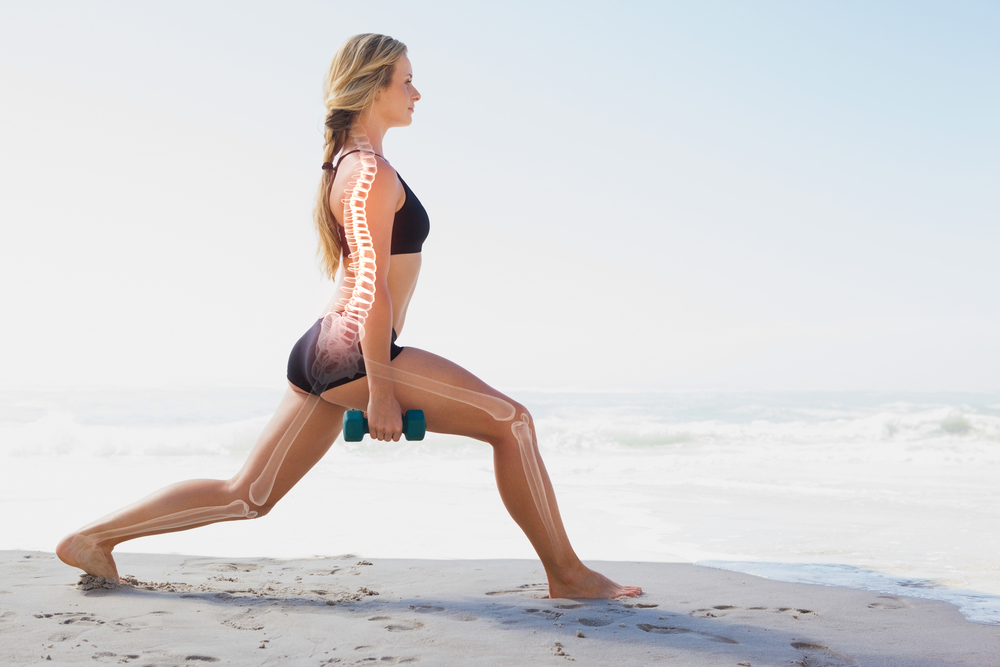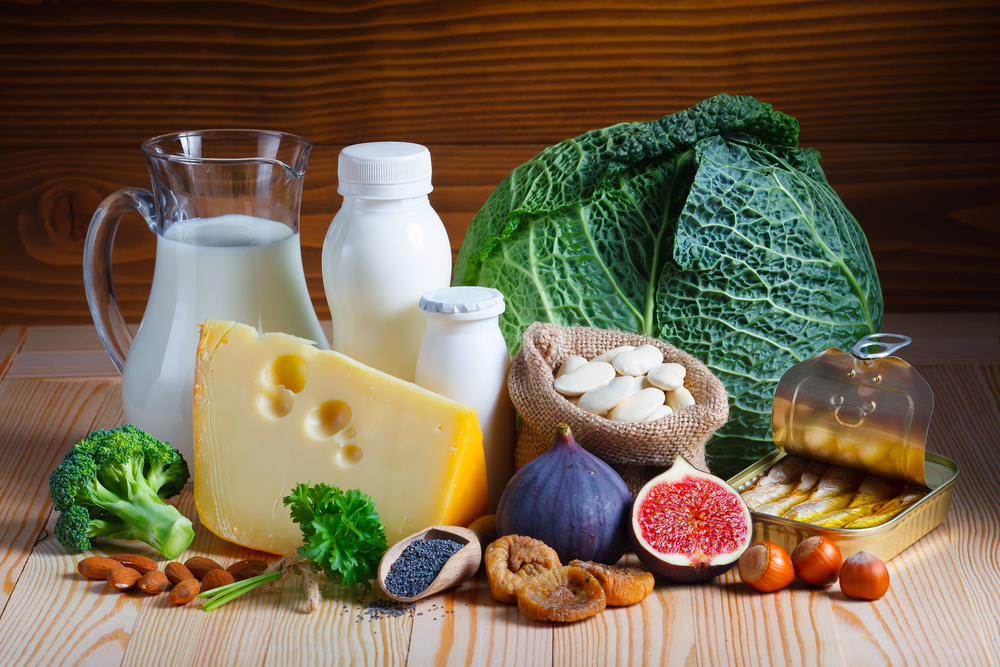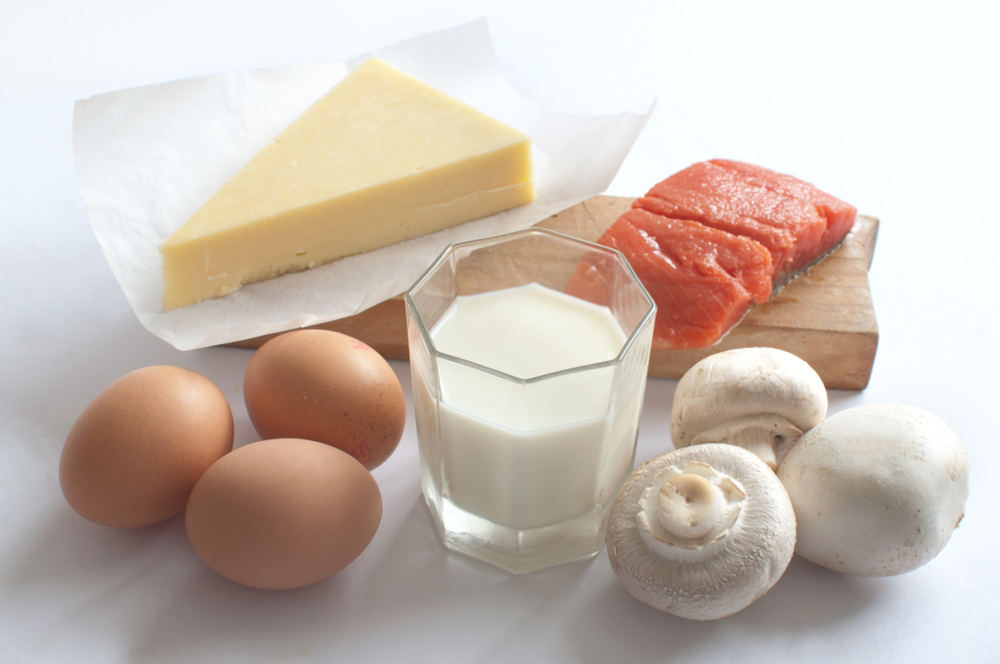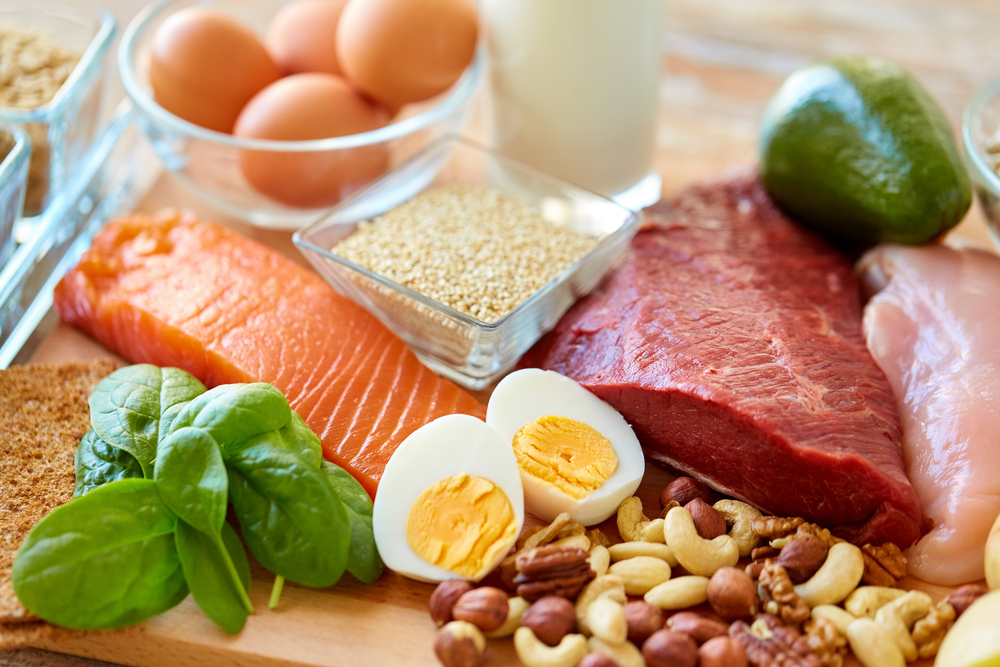Most people consider only the state of their muscles when it comes to how fit they are. However, it is important to also care for the underlying structure holding those muscles together.
Our bones are the support structure of our body. Besides enabling us to move, they also protect our vital organs from injury. For most of us, bone mass peaks when we are in our 30s, and usually starts dropping thereafter.
While that sounds scary, there are steps we can take to look after our bones and keep them strong, such as eating the right kinds of food and getting the right exercise. Add calcium to your diet
Add calcium to your diet
Calcium is the primary nutrient for healthy bones. For adults aged 19–50 and men aged 51–70, the Recommended Dietary Allowance (RDA) is 1,000 milligrams (mg) of calcium a day. The recommendation increases to 1,200mg a day for women after age 50 and for men after age 70. Good sources of calcium include dairy products, almonds, broccoli, kale, sardines and soy products, such as tofu. If you are unable to derive enough calcium from your diet, do consider supplementation.
 Pay attention to vitamin D
Pay attention to vitamin D
Vitamin D is required for the absorption of calcium from the diet. Insufficient calcium absorption causes the body to take calcium from its stores in the skeleton, weakening existing bone and preventing the formation of new bone. For adults aged 19–70, the RDA of vitamin D is 600 international units (IU) a day. The recommendation increases to 800IU a day for adults aged 71 and older. Vitamin D is found in oily fish, mushrooms, eggs and fortified foods, such as milk and cereals. Sunlight also contributes to the body’s production of vitamin D. If getting sufficient vitamin D is a concern, check with your doctor about taking supplements.
 Consume enough protein
Consume enough protein
Did you know that protein makes up roughly 50% of the volume of bone and 33% of its mass? Low protein intake has been found to decrease calcium absorption and may also affect rates of bone formation and breakdown. An adequate supply of protein is a must for healthy bones as well as for improving muscle strength and mass. Good sources of animal protein are lean cuts of red meat, poultry, seafood, eggs and dairy. Vegetable sources of protein include lentils and beans, soy products, grains, nuts, seeds and spirulina. Do weight-bearing and strength-building exercises
Do weight-bearing and strength-building exercises
Studies show that weight-bearing exercises — such as jogging, climbing stairs, and brisk walking — can help to slow bone loss and even build bone. Activities that place stress on bones stimulate extra deposits of calcium and activate bone-forming cells, resulting in stronger, denser bones. Generally, higher-impact activities have a more pronounced effect on bone than lower impact aerobics. Do note that only those bones that bear the load of the exercise will benefit. For instance, walking or running protects only the bones in your lower body, including your hips. So, to benefit more of your bones, do include strength-building exercises that work out all the major muscle groups.



